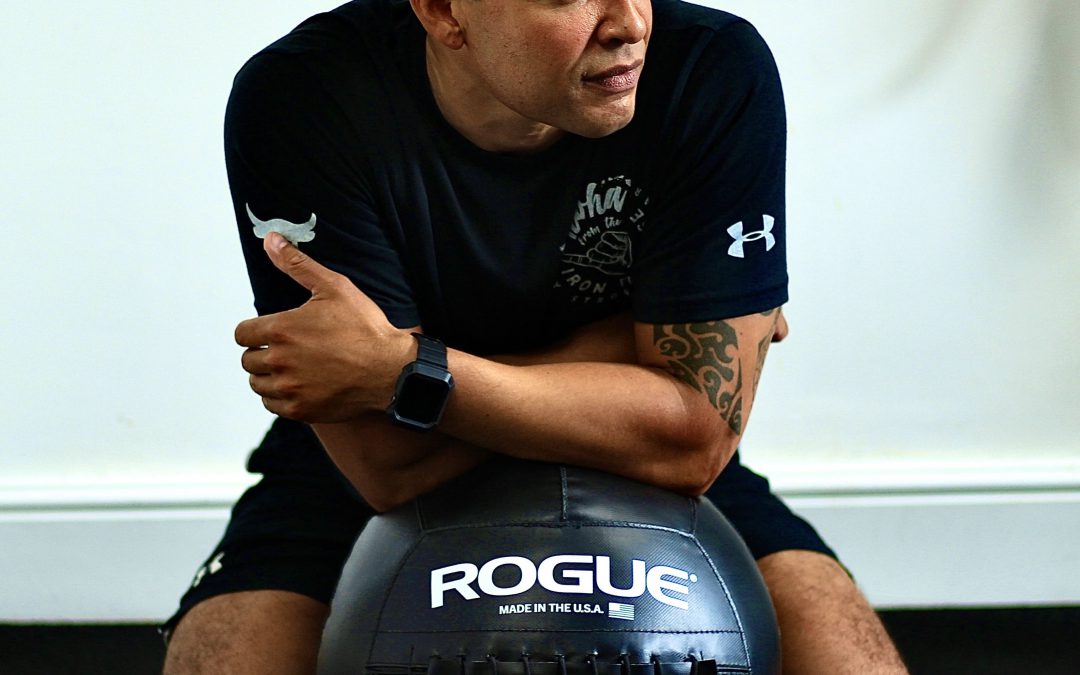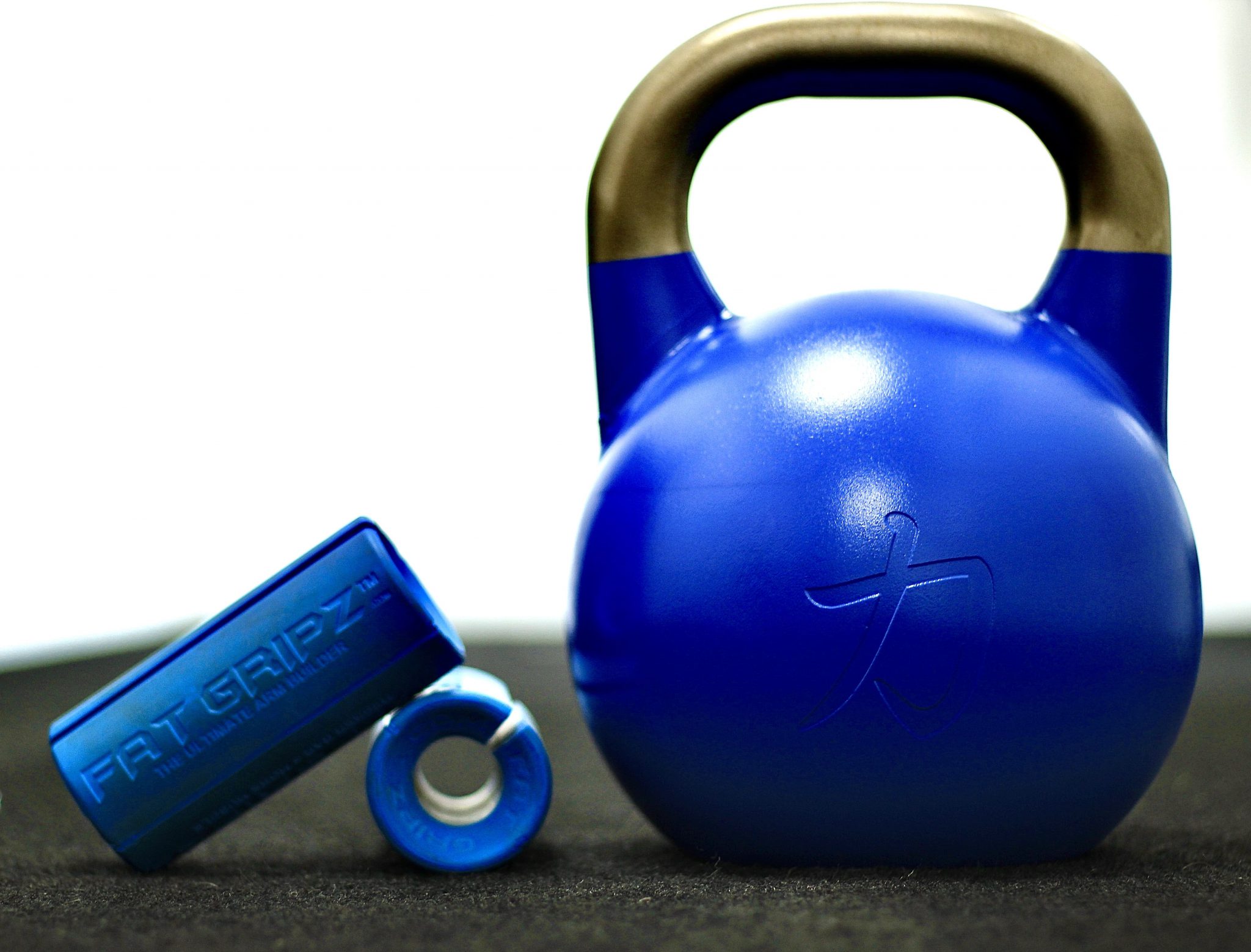Ah January, a month full of guilt, hope and inevitable failure (if you are reading this and it’s not January, it really doesn’t matter, when it comes to rehab, every month feels like January).
Change is the dish of the day and it tastes bitter sweet.
Sweet because the change is usually something positive and will improve your life.
And Bitter because it usually takes away pleasures and requires a lot of effort, self-control and willpower.
So how do you get more of the sweet and less of the bitter?
The common mistake people make when making changes and New Year’s resolutions is the same as for an overuse injury,
TOO MUCH TOO QUICKLY.
Your body and most importantly your brain are not designed for it. BUT we tell ourselves great stories and lie’s about a new dawn and a new you. Although this approach has failed MISERABLY in the past, this time things will be different. Well, at least you HOPE it will be.
Let’s look at the situation. It’s mid-late January, things are going ok, no chocky, no booze, no dairy, doing your physiotherapy exercises 3 times a week, swearing less (my swear jar has turned into a fairly profitable ISA) but you are scarily close to killing someone (metaphorically speaking, please don’t kill people, it’s not a great life choice) and you are not sure how long this new found re-born again health freak version of yourself is going to last.
So why do we feel a bit tetchy when we make sudden changes in our lives and how can we start to make change more tolerable and enjoyable?
It has a lot to do with the amount of change and with the unrealistic goals you have set yourself.
One of the most important factors involved in making successful changes to your lifestyle is how you MANAGE your Willpower.
Yes manage it. Not hope for it, cook it up or grow it (if you do grow it, you may have subscribed to the wrong type of sports medicine newsletter), Manage it.
You see, Willpower is like a fuel gauge in a car. You get a full tank and then you use it up throughout the day. When it’s gone it’s gone.
Therefore, you need to:
1) Learn what uses up will power.
2) How nutrition plays a role in willpower
3) How you can replenish it?
Willpower can be used up when you do not lose your temper, drive at the speed limit, not eat a chocolate cookie, go to bed early, not swear, go to the gym, eat protein with every meal, do your physio exercises etc etc. It is therefore often more advisable to carry out the activity/task you are trying to change early in the day when your willpower fuel gauge is higher. When the change becomes more like a habit (approximately 180 days according to some research for habit forming), it will be easier to leave it until later in the day if necessary.
In order to understand Willpower, we need to look at the brain. Let’s keep things as simple as possible. There is a part of the brain called the pre frontal cortex. It’s important because it’s where your willpower and self control lives. We need to know a little about how it interacts with the rest of the brain in order to understand how we can manage it. Most importantly how nutrition plays a significant role in its function. The most important food for the brain is glucose. Within the brain, there is a hierarchy when it comes to what part gets glucose first. Guess what, the pre frontal cortex is at the bottom of the pecking order. Therefore, if the brain is low on glucose or even at risk of being low (yes, even the risk of being low can trigger the brain into reserving glucose for only important parts of the brain involved in lung and heart function), the pre frontal cortex does not get fed. This means that the metaphorical muscle of willpower does not receive its necessary nutrition and skipping the gym (your new year’s resolution) becomes a lot more likely as a result.
This is why a study carried out on the Israeli parole board, showed that prisoners were significantly more likely to receive parole early in the day or after lunch compared to later in the day and just before lunch. The reason being that parole officers were making very important decisions (which would drain their willpower dry), so when they became fatigued or had less glucose in their system, their default position was not to give parole as this was the safer play (ie. Not release a prisoner).
Having adequate glucose available in the brain is important but there is a lot more to willpower than just nutrition.
Other research has shown that pushing your will power past the initial stage of giving up is very like the effects of fatigue during exercise. Athletes don’t give up when they feel some pain or hear their heart pounding like a train. They push on through the “Wall” even though their brain is saying “give up”. They are able to somehow switch off the brains early protective mechanism i.e. stop exercising in case you hurt yourself. This is achieved through mental and physical training. The same goes for willpower.
So what helps to improve and push your willpower further?
The answer is to have a true want or goal. Not a, “I kinda want to ……..”. True honest goal setting has been proven to be essential in behaviour change. It works better if you write it down and it’s 3 times more likely to work if you tell someone about it. It is important that you remind yourself about this goal on a regular basis. This forms a mental habit and feeling of excitement, which kicks in automatically when the temptation to skip the gym pops up. Willpower training is like physical training, you have to train and manage it. It is not something you can just save up and use when needed.
I have tried to simplify a very complex interaction within the brain. Willpower and managing it is a little more complex than just the points I have mentioned above but unlocking its potential will lead to some outstanding results. If you want to learn more about how you can access and manage your willpower visit www.procaresportsmedicine.com or call 07840180668.
If you want to learn even more about the science of willpower, read the Willpower Instinct by Stanford University Psychologist Kelly McGonigal. This is a life changer.




